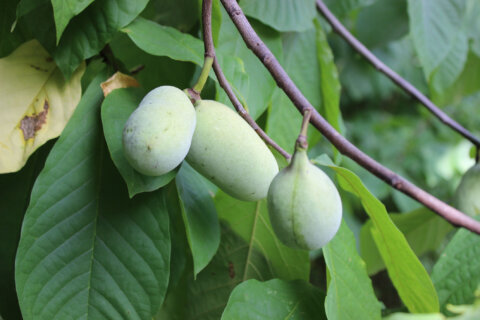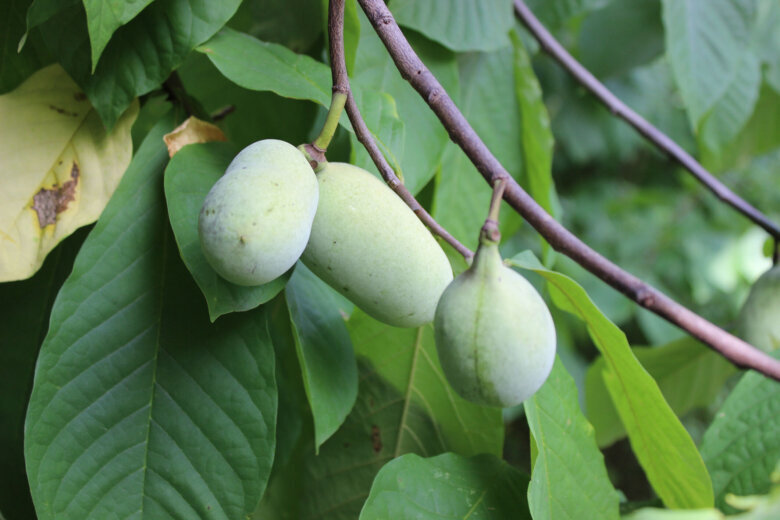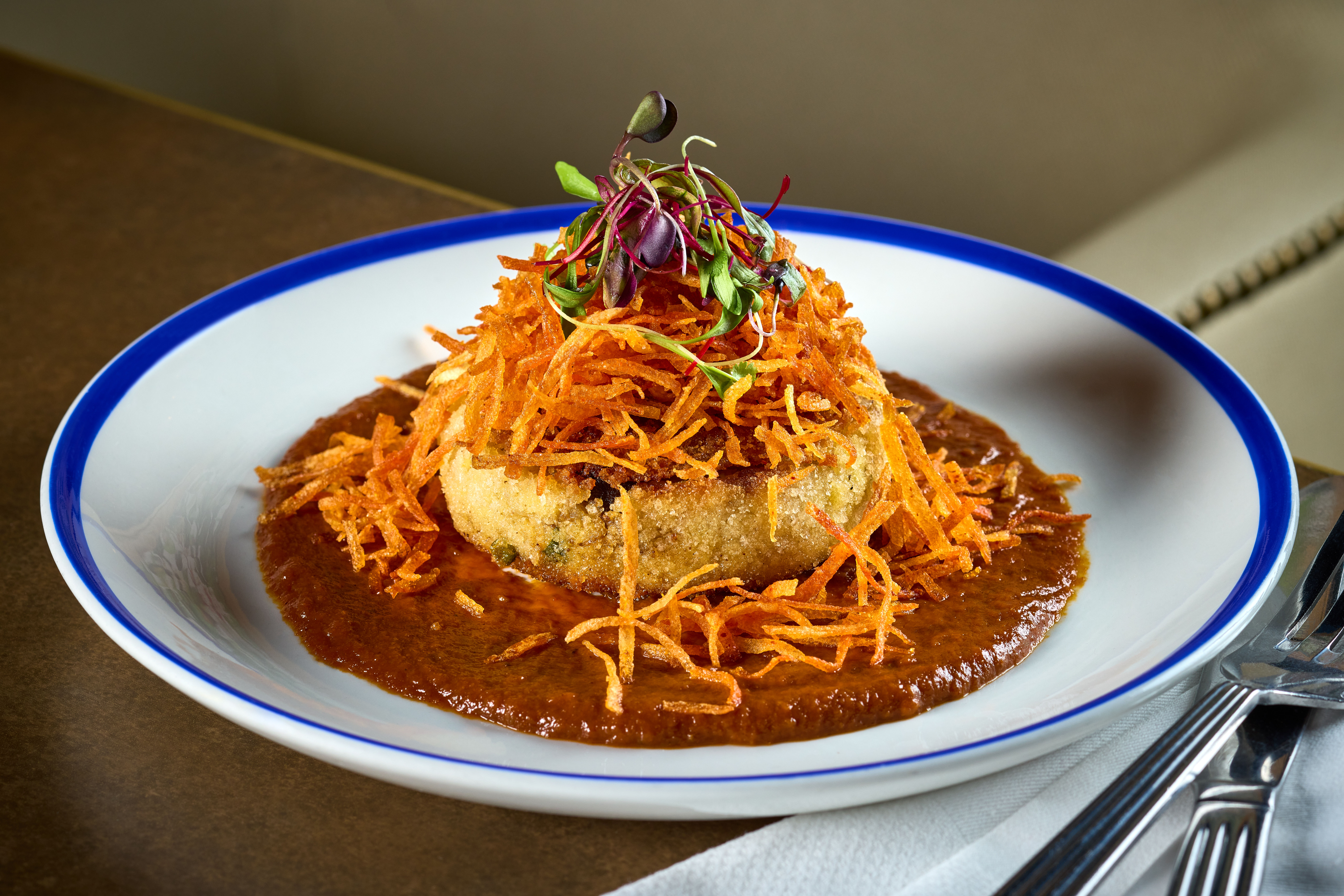
It’s that time of the year again: pawpaw season.
Pawpaws, a relatively obscure fruit, are native to the eastern United States, but will likely never be seen anywhere other than local farmers markets.
Sometimes referred to as a hillbilly mango or a hipster banana, the pawpaw has a custard-like texture and a flavor reminiscent of a cross between a mango and a banana. It is a similar size to an avocado, and when ripe, it gets soft.
You might be curious to try it, but the problem is, it’s incredibly difficult to harvest and transport, said Elisa Lane, owner of Two Boots Farm in Hampstead, Maryland.
“If it comes off the tree while it’s still hard, there’s a chance that it might not ripen at all, which is why growing pawpaws commercially is very labor-intensive — because we go out during pawpaw season every single day and we touch every single pawpaw to see if it’s ripe,” said Lane.
An underripe pawpaw doesn’t just taste nasty; it can make you sick.
Chris Chmiel, founder of the Ohio Pawpaw Festival and co-owner of Integration Acres, said underripe pawpaws can cause nausea. So, it’s advisable to avoid hard, white pawpaws at all costs.
Pawpaws can also be difficult to get to the end consumer, the skin is delicate and can be easily bruised.
Mitchell Berliner, co-founder of Central Farm Markets, says the season for harvesting pawpaws is also fairly narrow — the end of August through the end of September.
“It’s fair to say most people never even heard of them, even though they’ve been talked about for hundreds of years,” said Berliner. “The average person today never, ever heard of it because everything today comes from the supermarket. So people are not in touch with what grows locally and foraging for food.”
For those interested in tasting their first pawpaw, reach out to the vendors at your local farmers market to find out if any sell them, like Two Boots Farm at the Freshfarm Dupont Circle Farmers Market. Some also recommend strolling through the C&O Canal in Georgetown to forage for pawpaws that may be hiding in the trees.
Sara Bir, chef and author of “The Pocket Pawpaw Cookbook,” said, “If you ever are able to encounter one, just be open-minded. And you don’t have to eat it — just know that it’s a thing that lives in the same place that you do that can offer a world of delights.”









